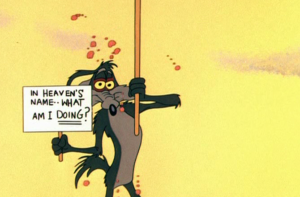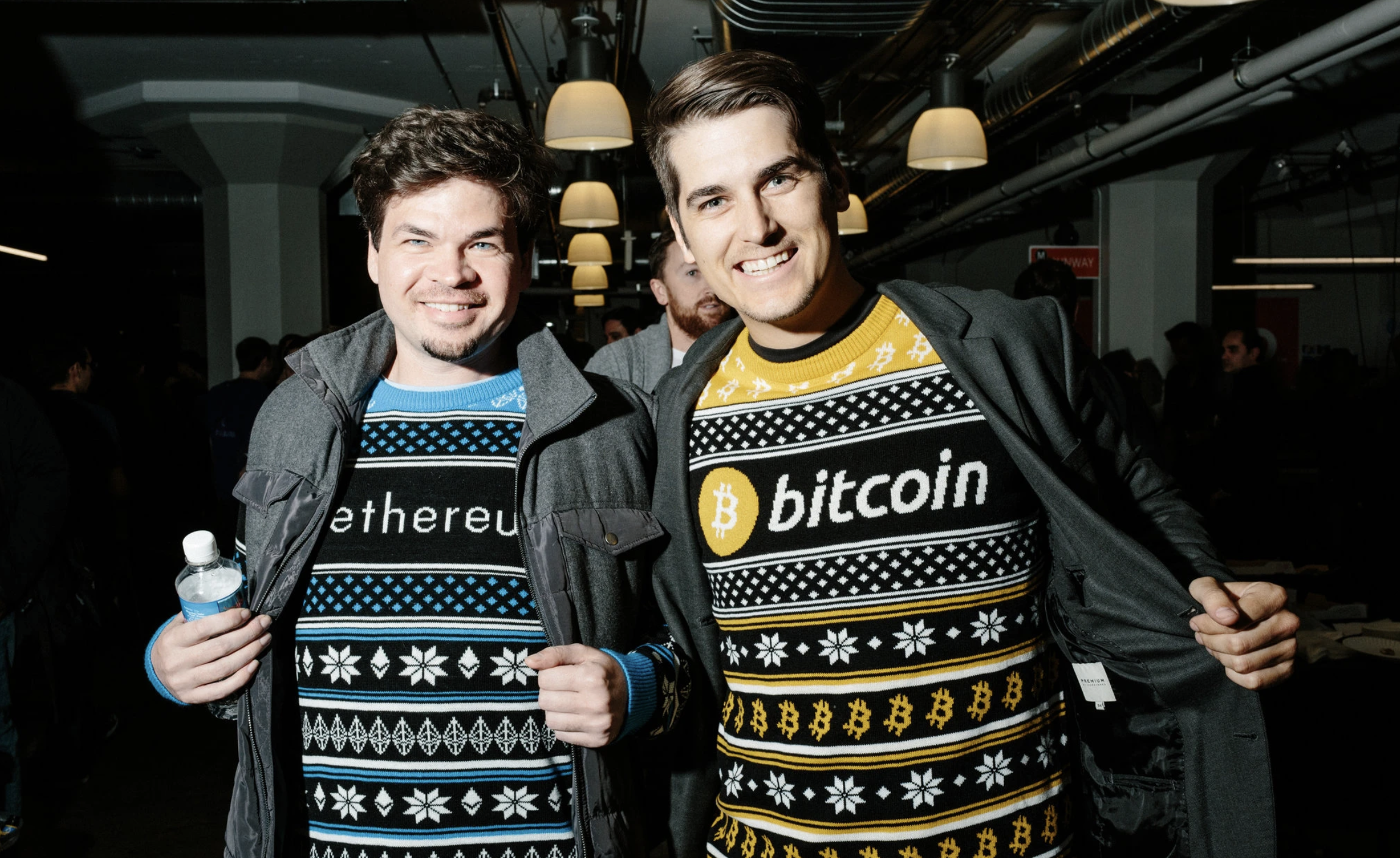The following is an excerpt from a recent report featured on The Felder Report PREMIUM.
We all play all Wile E. Coyote at one time or another in our lives, chasing something that somewhere deep inside we know is unattainable but we simply can’t resist the urge to throw all caution to the wind and plunge ahead in pursuit of it. In the markets, we see it time and time again. From paying more than the value of a high-end Holland home for a single tulip bulb to sending Japanese real estate prices so high that the ground beneath Tokyo’s Imperial Palace (consisting of just 0.44 square miles) becomes more valuable than the entire state of California, investors fail to resist the temptation of easy money and, in doing so, fall prey to the inevitable consequences of unbridled greed.
 Some might see this pattern repeated in the markets and refer to the famous George Santayana quote: “Those who cannot remember the past are condemned to repeat it.” Personally, I prefer Kurt Vonnegut’s response: “I’ve got news for Mr. Santayana: we’re doomed to repeat the past no matter what. That’s what it is to be alive.” In other words, it’s not understanding history that matters so much as simply understanding human nature.
Some might see this pattern repeated in the markets and refer to the famous George Santayana quote: “Those who cannot remember the past are condemned to repeat it.” Personally, I prefer Kurt Vonnegut’s response: “I’ve got news for Mr. Santayana: we’re doomed to repeat the past no matter what. That’s what it is to be alive.” In other words, it’s not understanding history that matters so much as simply understanding human nature.
We play Wile E. Coyote, not because we aren’t aware of the potential and even probable consequences, but because is it is in our nature to do so. And here is where Ed Seykota, featured in the original Market Wizards, gives us perhaps the most important insight of all: “Win or lose, everybody gets what they want out of the market. Some seem to like to lose, so they win by losing money.” He explains further,
I know one trader who seems to get in near the start of every substantial bull move and works his $10 thousand up to about a quarter of a million in a couple of months. Then he changes his personality and loses it all back again. This process repeats like clockwork… I don’t think he can do it any differently. He wouldn’t want to. He gets a lot of excitement, he gets to be a martyr, he gets sympathy from his friends, and he gets to be the center of attention. Also, possibly, he may be more comfortable relating to people if he is on their financial plane. On some level, I think he is really getting what he wants. I think that if people look deeply enough into their trading patterns, they find that, on balance, including all their goals, they are really getting what they want, even though they may not understand it or want to admit it.
It’s no secret how Warren Buffett has been so successful over the course of his career. In fact, he has made it priority to share all of his “secrets” with anyone willing to take the time to simply read them. The trouble is his philosophy is intolerably dry and the process of investing as he does is infinitely boring to the vast majority of people in the world. The truth is that most don’t want to succeed in the markets as much as they want to be both thrilled and agonized by them.
The latest example of this is the cryptocurrency craze. As an investment, cryptocurrencies make very little (if any) rational sense; in fact, there’s little reason to believe they are anything more than elaborate ponzi schemes. What they do offer, however, is a strong sense of community, a feeling of intellectual superiority, hope of an easy path to financial freedom and, perhaps most importantly, the thrill and agony of wild volatility.
As Seykota suggested over 30 years ago, Joe Crypto is getting exactly what he wants out of the market. Rather than a solid investment, he gets, “a lot of excitement, he gets to be a martyr, he gets sympathy from his friends, and he gets to be the center of attention.” In truth, these are priorities he holds above succeeding in the markets and, for this very reason, these are exactly what he manifests.

